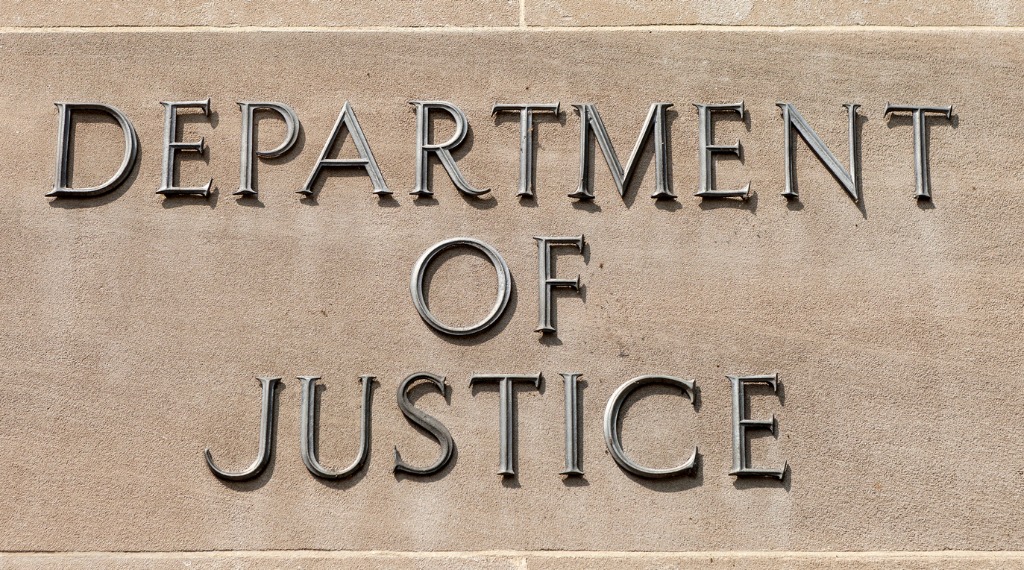According to a January 14 press release from the U.S. Department of Justice (DOJ), $2.2 billion was recovered through False Claims Act (FCA) settlements and judgements in the 2020 fiscal year. More than two-thirds of that total ($1.6 billion) came from qui tam, or whistleblower cases. DOJ officials praised whistleblowers’ role in bringing so many FCA suits that ended in successful settlements. In the press release, Acting Assistant Attorney General Jeffrey Clark emphasized the role that whistleblowers play in helping the government root out fraud and recover taxpayer dollars: “Whistleblowers with insider information are critical to identifying and pursuing new and evolving fraud schemes that might otherwise remain undetected. These individuals often make substantial sacrifices to bring these schemes to light, and our efforts to protect taxpayer funds continue to benefit from their actions.”
This announcement demonstrates the huge role that whistleblowers play in making recoveries of fraudulently obtained money for the federal government. It also notes that the government paid out $309 million to whistleblowers in the 2020 fiscal year.
The $2.2 billion quoted by the DOJ omits a number of high-profile settlements with high dollar amounts that have not yet been finalized this fiscal year, but these settlements will be included in next year’s numbers. The largest among these is the $600 million Indivior settlement, which was originally brought to the government’s attention by six qui tam lawsuits. Had this case been included in the 2020 totals, the ratio of FCA whistleblower cases to non-whistleblower cases would have been even higher. The $2.2 billion figure also only represents the federal side of the settlements: it does not include monetary amounts that many states recovered from connected cases. States often simultaneously raise their own cases against the same defendants and recoup large settlements of their own, sometimes under their own state versions of the FCA.
While a staggering $1.8 billion of the total $2.2 billion was related to medical fraud, the DOJ pointed out that the full impact of the FCA goes far beyond the dollar amounts of recoveries, stating that “… the department’s vigorous pursuit of health care fraud prevents billions more in losses by deterring others who might otherwise try to cheat the system for their own gain.” Deterrence is a critical part of why the FCA is so effective, especially as properly incentivized whistleblowers often come from high up in the corporate structure, providing critical information and documents that are hard for companies to refute.
The DOJ’s press release places well-earned emphasis on the role of whistleblowers in catching and deterring fraud. Acting Assistant Attorney General Clark continued on to say that “the continued success of the department’s FCA enforcement efforts are a testament to the dedication of the civil servants who pursue these important cases as well as to the fortitude of whistleblowers who report fraud.”
